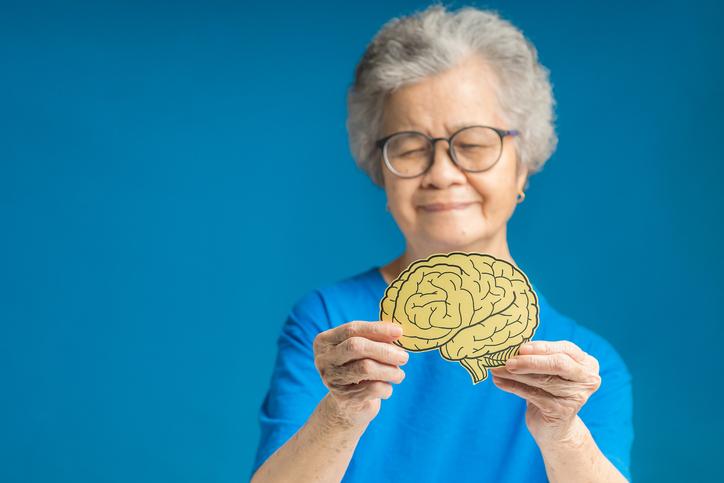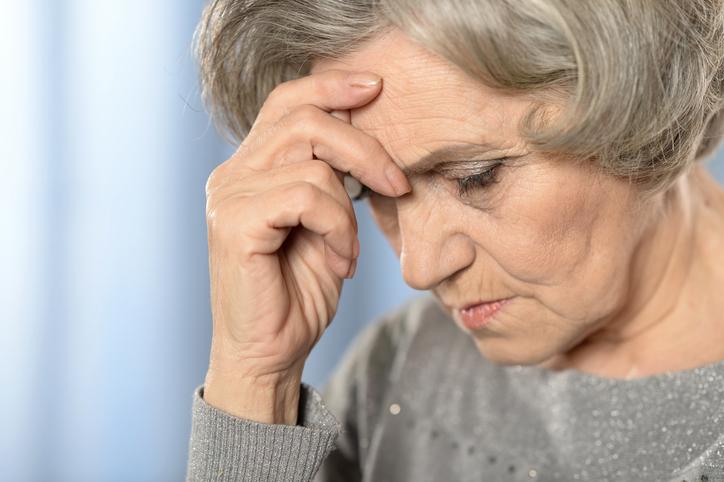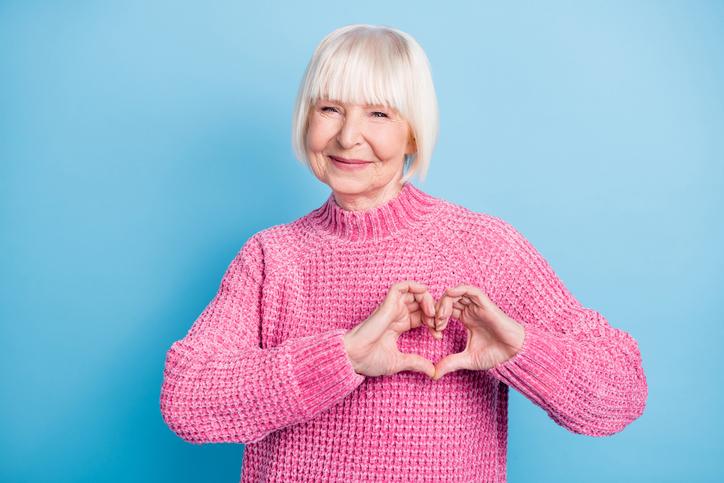12 августа 2024
Diet for Insomnia


12 августа 2024
Diet for Insomnia
## 4 important rules
After eating, you want to sleep. The food in the stomach activates the parasympathetic section of the autonomic nervous system, which is responsible for relaxation. As the body directs all resources to digest food, we are visited by pleasant relaxation and sleep.
Overeating is the cause of poor sleep. This does not contradict the previous statement in any way. Excess food creates a feeling of heaviness, discomfort in the abdomen, and increased gas formation. Instead of engaging in the recovery of the body, the brain is distracted by the signals of an overcrowded gastrointestinal tract. It is worth having a dense dinner no later than 3-4 hours before bedtime.
Hunger is the path to insomnia. The feeling of hunger does not let you sleep, worsens the quality of sleep and provokes premature awakening. It also interferes with hunger and lack of nutrients for the production of melatonin and gamma-aminobutyric acid (GABA), which is responsible for maintaining sleep.
The key is moderation. Research confirms that good sleep is aided by a light snack an hour before bedtime. The ideal snack is a combination of carbohydrates plus some animal fat, such as a piece of cheese. Carbohydrates help the brain produce melatonin, while fats help the brain produce testosterone and growth hormone. But not all carbs are appropriate. For example, rice and potatoes help you fall asleep, but bread and pasta don't.
## What can you eat in the evening?
Foods with magnesium, ===potassium, and vitamin B6: Magnesium and potassium relax muscles and nerves, and stabilize the heart rhythm. They are found in bananas, nuts, and cereals. Foods high in vitamin B6 help synthesize sleep hormones. This vitamin is found in dairy products eggs, pistachios, and prunes. By the way, the pistachios and prunes are also high in magnesium.
> The perfect snack before bedtime is natural yogurt with bananas, nuts, prunes, and dates.
Foods with tryptophan: The amino acid tryptophan has been proven to aid in falling asleep faster because it serves as a building block for melatonin and serotonin, which control mood and sleep. Tryptophan is found in turkey, chicken, hummus, pumpkin seeds, sesame seeds, fish, eggs, dairy products, bananas, and tofu. For better digestion, consume carbohydrates such as rice, porridge, vegetables, or fruits. The main thing is not to forget that the evening snack should be light!
Sweets: If you are not on a diet and can afford to drink herbal tea with sugar in the evening, you will feel drowsy afterward. Sugar causes neurons to decrease activity, which is what makes you feel tired. In addition, the body reacts to glucose by releasing insulin, a hormone that reduces glucose, and also provokes a lack of potassium in the blood as it moves it into the cells. This mild hypokalemia will make you sleepy.
## What prevents you from sleeping?
Coffee and tea: Caffeine is invigorating, interfering with falling asleep and the quality of sleep. In the evening it is better to drink water, milk, fermented milk drinks, or herbal teas with a calming effect made of mint, chamomile, oregano, linden, etc.
Alcohol: As a depressant, alcohol helps to sink into sleep, but in a superficial way. When the process of metabolization ends, the body awakens before it has had time to rest. Even if you do not wake up in the middle of the night, you will still sleep poorly.
Cabbage and legumes: Before bedtime, do not eat products that cause heartburn and gas formation in the intestines. These include legumes, beets, carrots, onions, all kinds of cabbage, asparagus, tomato sauce, and orange juice. These also include fruits such as watermelon, peaches, apples, pears, and grapes.













